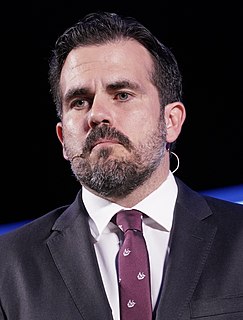A Quote by Timothy Geithner
This crisis exposed very significant problems in the financial systems of the United States and some other major economies. Innovation got too far out in front of the knowledge of risk.
Related Quotes
There are still deep-seated structural problems that threaten the economic balance in the world: Between the United States and China, for example, but also within Europe. We have taken a few steps toward taming the financial markets, but we haven't come nearly far enough to rule out a repetition of the crisis.
I have called this phenomenon of stealing common knowledge and indigenous science "biopiracy" and "intellectual piracy." According to patent systems we shouldn't be able to patent what exists as "prior art." But the United States patent system is somewhat perverted. First of all, it does not treat the prior art of other societies as "prior art." Therefore anyone from the United States can travel to another country, find out about the use of a medicinal plant, or find a seed that farmers use, come back here, claim it as an invention or an innovation.
There's one last thing we need to point out. And it is a fact that Puerto Rico is a colonial territory of the United States. This puts us in a very significant disadvantage to all of the other states and to all of the other American citizens. As a matter of comparative, the U.S. citizens, the Puerto Ricans that live in the United States have much better incomes, more than twice as much, participate in the labor force of greater scales, have better results in the education system and so forth.
I'm representing the United States. And I'm representing the United States, and my office is representing the United States day after day in front of the court. And I think it's the right thing to do, to carry that out with some dignity and some respect for the process and respect for the institution. And so that led me to just, you know, move the dial a little bit in the direction of calmness.
Financial institutions are not being bailed out as a favor to them or their stockholders. In fact, stockholders have come out worse off after some bailouts. The real point is to avoid a major contraction of credit that could cause major downturns in output and employment, ruining millions of people, far beyond the financial institutions involved. If it was just a question of the financial institutions themselves, they could be left to sink or swim. But it is not.
The Fed contributed to the financial crisis, keeping interest rates too low for too long. I give them credit for responding and stabilizing the economy and the financial sector during the crisis. But then they tried to do too much with quantitative easing that went on forever, just dramatically exploding their balance sheets.



































